
Charles Marohn
Charles Marohn (known as “Chuck” to friends and colleagues) is the founder and president of Strong Towns and the bestselling author of “Escaping the Housing Trap: The Strong Towns Response to the Housing Crisis.” With decades of experience as a land use planner and civil engineer, Marohn is on a mission to help cities and towns become stronger and more prosperous. He spreads the Strong Towns message through in-person presentations, the Strong Towns Podcast, and his books and articles. In recognition of his efforts and impact, Planetizen named him one of the 15 Most Influential Urbanists of all time in 2017 and 2023.
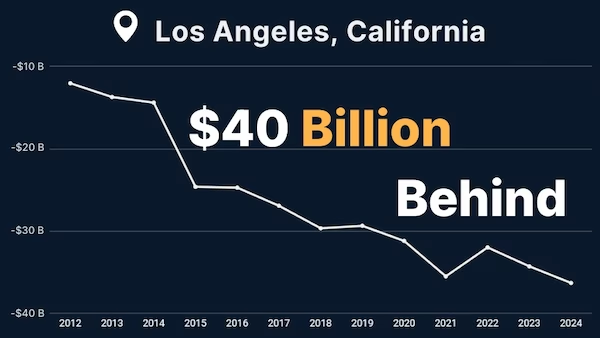
Los Angeles didn’t mismanage its way into crisis. It built its way here.
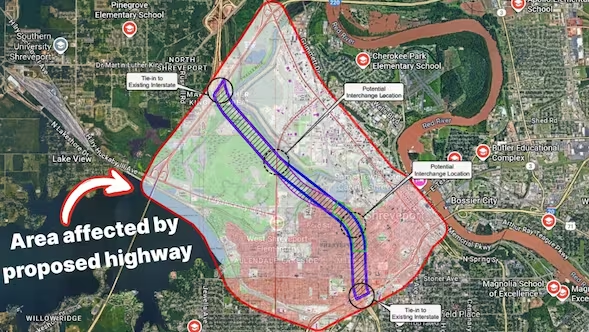
In Shreveport, Louisiana, a deeply controversial project aims to build a new highway directly through the city’s core.

US-19 in Pasco County, Florida, is one of the clearest examples of how federal transportation policy creates dangerous, expensive, and economically destructive outcomes.
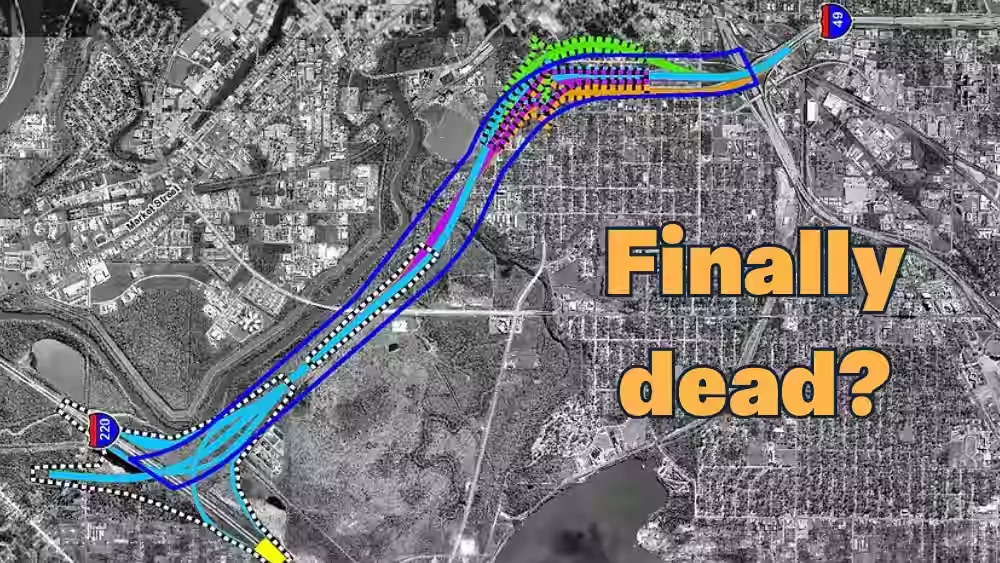
The regional government of Northwest Louisiana recently canceled discussions on the I-49 Connector project. But is this highway project really dead?

When it comes to abundance, the way we talk about infrastructure shows whether we’re repeating old mistakes or building real resilience.
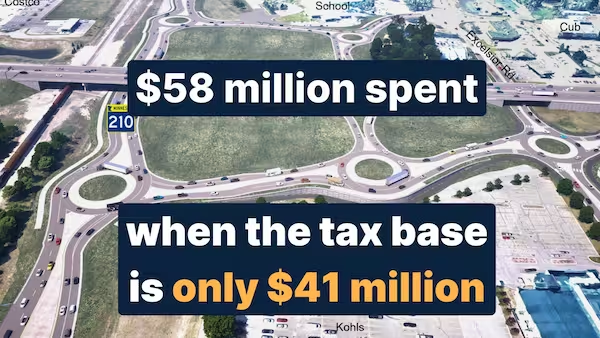
With MnDOT's buttonhook design, “supporting business” is the sales pitch, but corporate subsidy is the product.
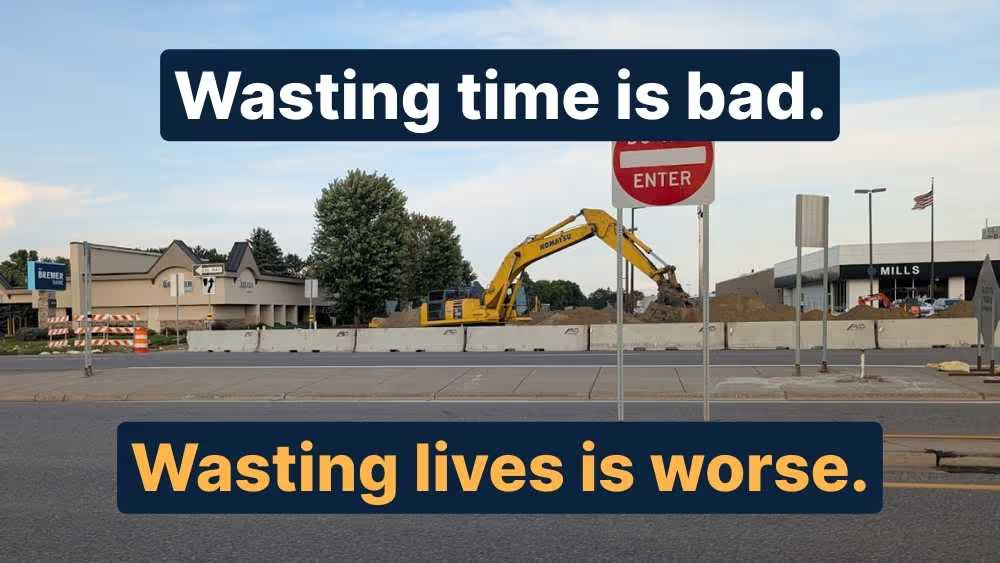
We could save lives for far less than $58 million, but only if safety were the true priority.
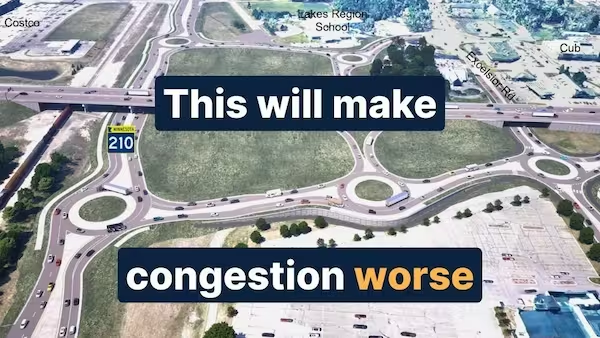
In Baxter, “fighting congestion” is the sales pitch, but corporate subsidy is the goal.
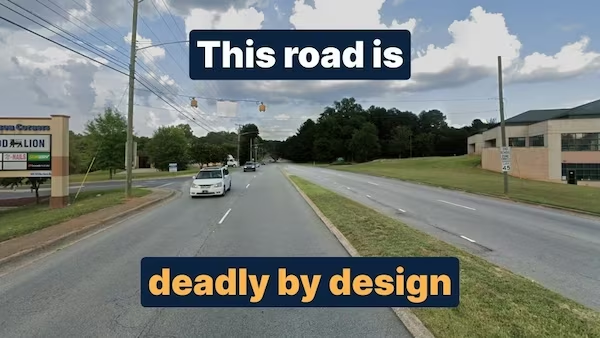
When a child is killed on a street like West Hudson Boulevard, it’s not a tragic fluke. It’s the outcome we designed for.
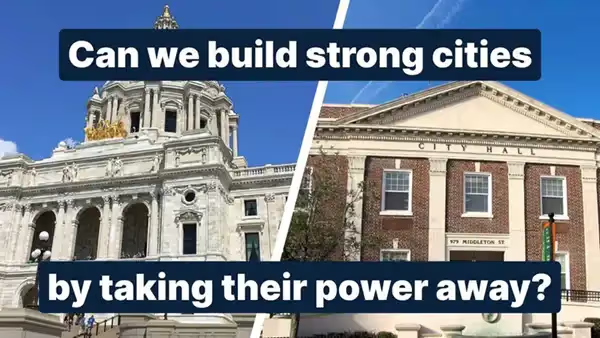
State preemption can remove obstacles, but it can’t build the local capacity that's required for lasting reform.
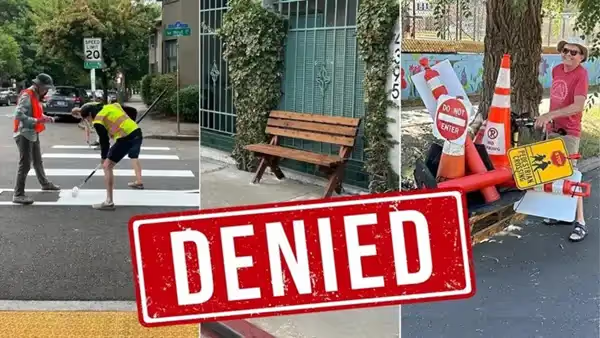
When tension builds between grassroots action and bureaucratic boundaries, cities must choose: partnership or pushback.
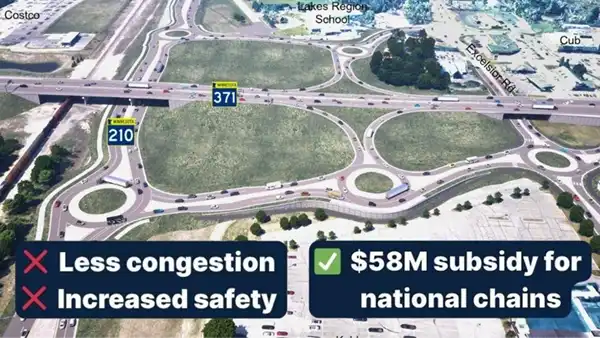
What do you get when you combine too much funding, a broken development model, and no clear priorities? A six-roundabout interchange built to serve big-box stores that are already closing.